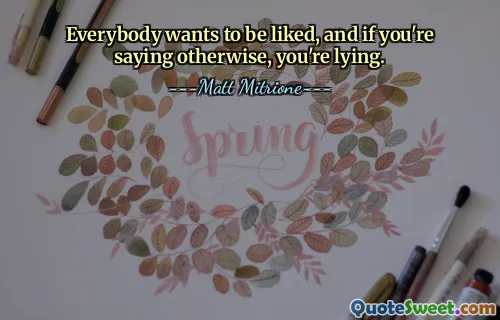
Dislike in yourself what you dislike in others.
This quote highlights a profound aspect of self-awareness and moral reflection. Often, our strongest criticisms of others originate from qualities or behaviors that we unconsciously harbor within ourselves. When we notice undesirable traits such as arrogance, dishonesty, or cruelty in someone else, it may reveal that these traits are present subconsciously in our own character. Recognizing this tendency encourages introspection and a commitment to self-improvement. Instead of merely condemning others for their flaws, we are prompted to examine our own shortcomings and work toward personal growth. This perspective fosters empathy, as it cultivates understanding that everyone has flaws, including ourselves. It also serves as a reminder that projecting our dislikes onto others can be a defense mechanism, shielding us from confronting our own imperfections. Embracing this insight allows for a more compassionate approach to others and helps stem the cycle of judgment and hypocrisy. It encourages us to develop humility and patience, recognizing that perfection is elusive and that everyone is a work in progress. Practicing such self-awareness can improve our relationships, enabling us to approach others with more kindness and less criticism. Ultimately, the quote suggests that the way we perceive and judge others reflects more about our internal state than the external reality, urging us to foster better understanding of ourselves first to lead more genuine, positive lives.











